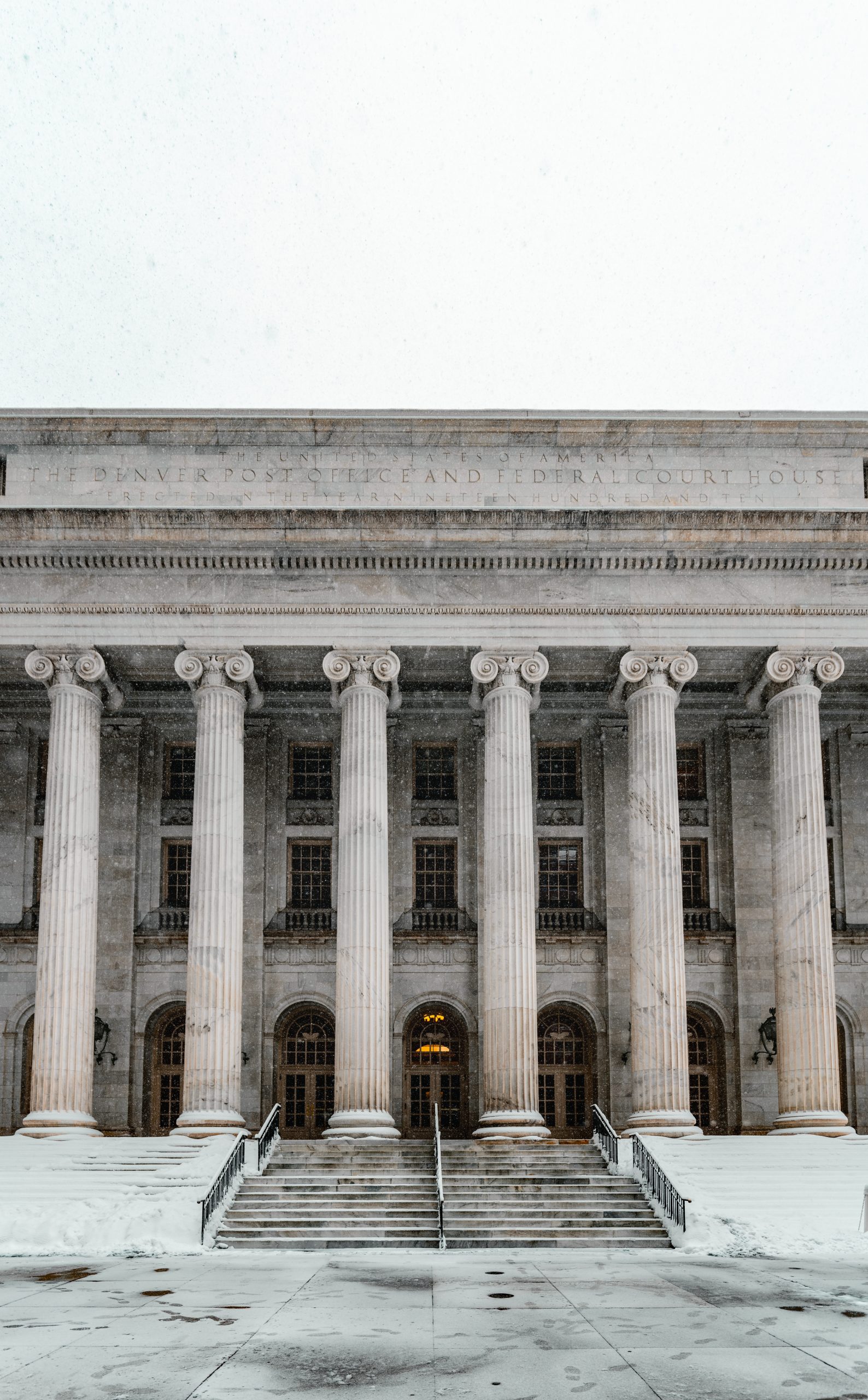SEC Enforcement Impacted by Supreme Court
The Supreme Court, in a unanimous decision in Kokesh v. SEC published at the beginning of June, held that a five year statute of limitations applies to any claim for disgorgement. The decision could limit the amount of fines issued by the SEC and will be an important one to follow as it could ultimately impact the size of whistleblower rewards.
The facts of the case are relatively straightforward. The SEC in 2009 brought an enforcement action for violations of various securities laws through the misappropriation of $34.9 million from four companies. The U.S. District Court imposed civil monetary penalties beginning around October 27, 2004 (five years prior to the filing of the complaint) and ordered total disgorgement of $34.9 million (with $29.9 million occurring outside the five year period). The defendant appealed.
The Supreme Court ultimately determined that disgorgement is a “penalty” within the statute of limitations set forth by 28 U.S.C. § 2462. In footnote 3 of the opinion, Justice Sotomayor left open the possibility that courts might not have the authority to order disgorgement in SEC enforcement proceedings.
Even if courts do not go that far, some legal scholars are warning that the decision may ultimately lead courts to determine that disgorgement is subject to the maximum limits set by Congress for civil monetary penalties. Congress has considered raising those limits – the Financial CHOICE Act which passed the U.S. House of Representatives raises them to $1.45 million (for businesses) while the Stronger Enforcement of Civil Penalties Act of 2017 proposes raising them to $10 million (for businesses). However, both numbers would still be lower than might be sought in the past by the SEC for disgorgement in response to the most egregious cases of securities fraud.
There may be other implications from the decision. It may force the SEC to curtail lengthy investigations (requiring an earlier decision whether to litigate in order to limit the impact of the statute of limitations) or the SEC will have to ask potential defendants to agree to toll the statute of limitations to permit more time to investigate before the SEC brings charges.
At the beginning of the year, there was speculation that the SEC might be more business-friendly under President Trump and new chair Jay Clayton. If Congress doesn’t lift the caps on civil monetary penalties, then the Supreme Court in Kokesh will have that effect even if the SEC pursues misconduct aggressively.


